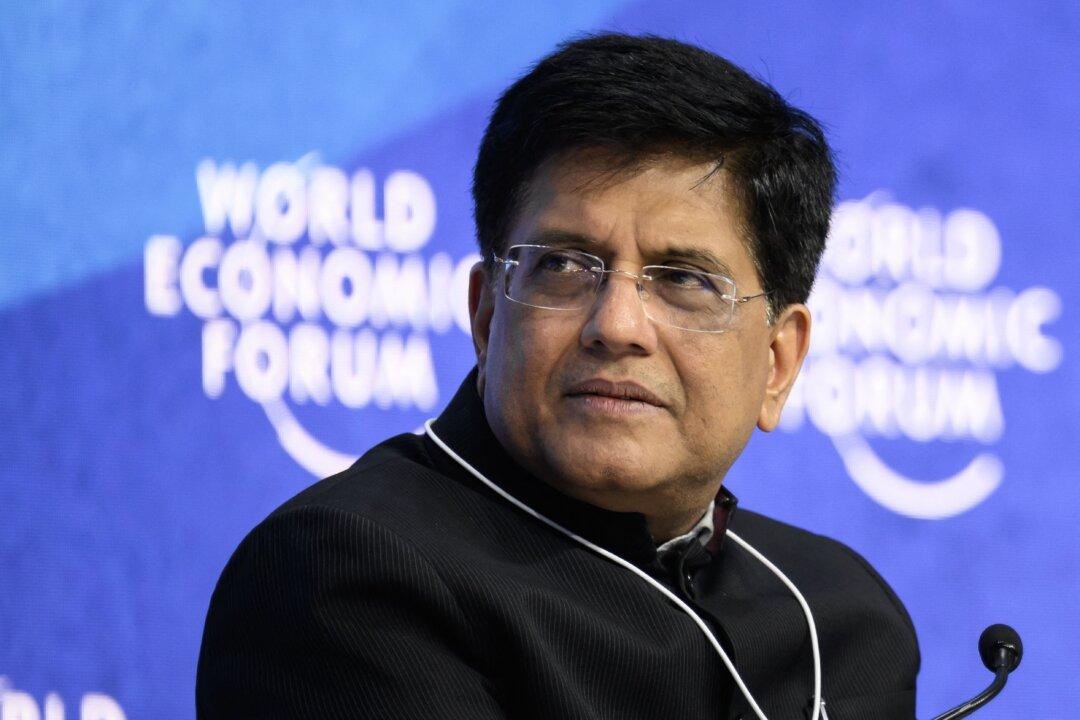The U.S. Commerce Department and India’s Minister of Commerce and Industry Piyush Goyal announced on Oct. 3 that the two countries have signed a new pact to cooperate in the critical minerals sector, materials essential for battery manufacturing, as the Chinese Communist Party (CCP) tightens its grip on critical mineral exports.
Critical minerals—such as cobalt, antimony, and holmium—are needed in a wide range of tech from consumer goods to military weapons. China dominates the global market in both processing these minerals for use and in supplying them to international markets. The United States, for instance, obtains the majority of its critical mineral supply from China, and does not have its own domestic mining capacity.





